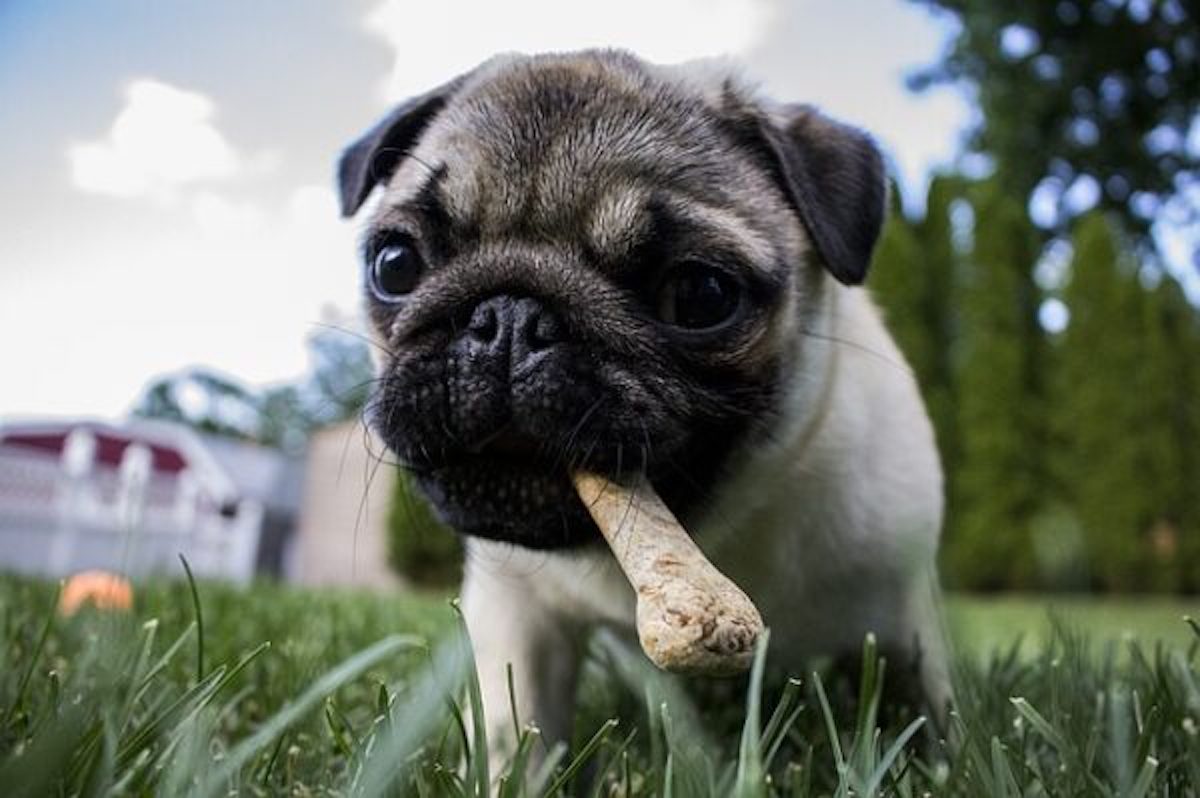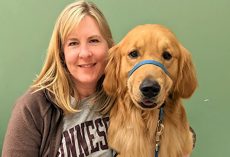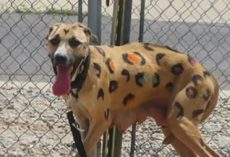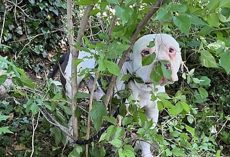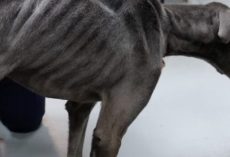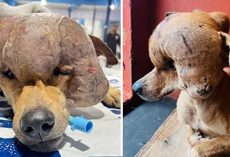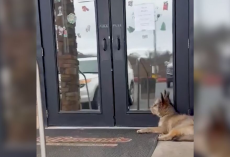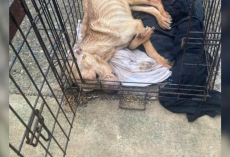Your life as you know it will change once you start taking care of a dog. Your schedule, finances, and even the food and products you regularly purchase must adjust to the needs of your furry pet.
In other words, you need to puppy-proof your home.
Why? There are many dangerous items for dogs hiding in plain sight in your house. If you are not careful, it might harm—or worse—even kill them.
Here are 23 of those common kitchen items that you must keep an eye on:
1. Chocolate
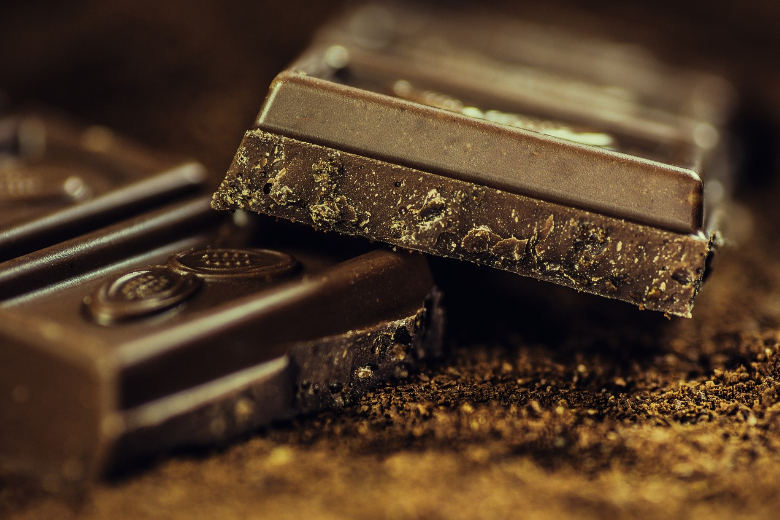
This one should be a no-brainer by now. While chocolate is a simple and sweet dessert staple for humans, it is extremely toxic for dogs as caffeine and theobromine cause toxicosis and may bring seizures and death. Read more about why chocolates are bad for dogs here.
2. Coffee
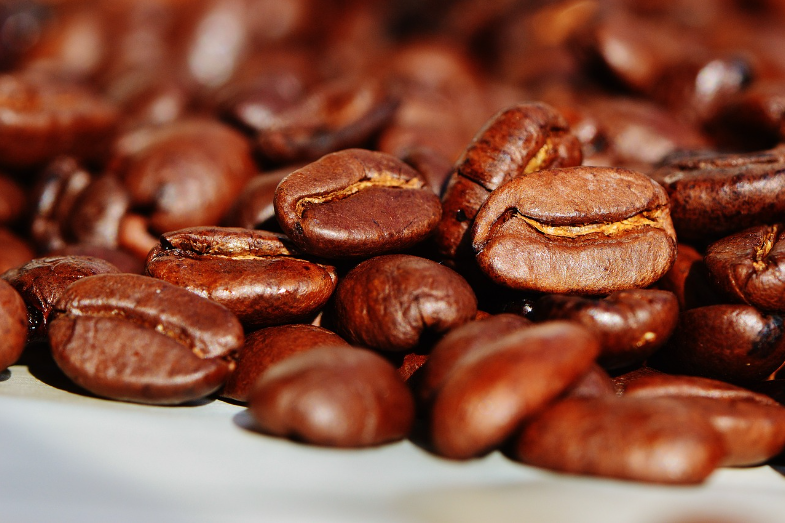
Since we’re already talking about caffeine, the next item on our list should not be a surprise anymore. Coffee a.k.a that hot, smooth, and soothing thing you like to drink in the morning to get your juices flowing is straight-up poison to your pups.
3. Grapes
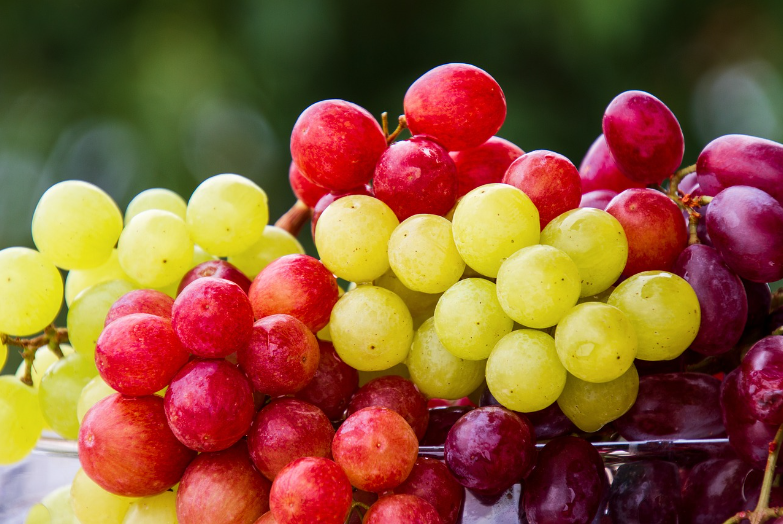
Here’s something that might surprise you: do not ever let your dogs ingest a grape or a raisin. This particular grocery shopping staple might look small and innocent, but wait until it gives your dog acute renal failure. It’s a big no-no.
4. Macadamia nuts
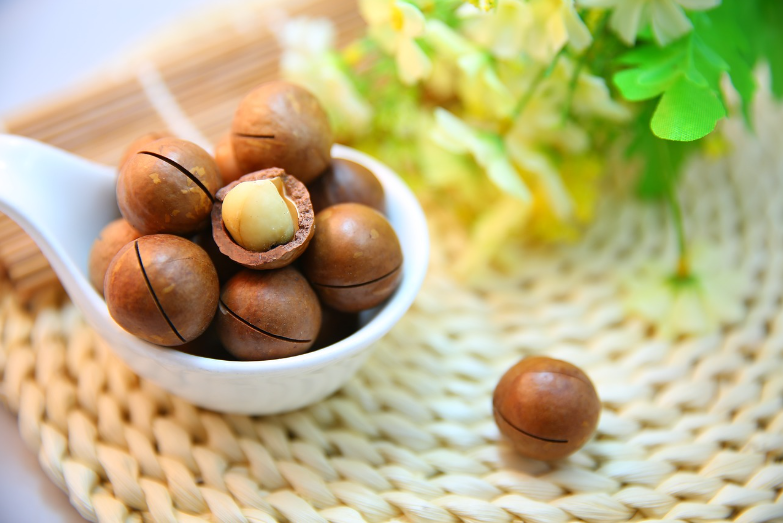
Here’s another unassuming snack you love that will make your dogs sick: macadamia nuts. They only need to ingest a small amount before they turn into a quivering mess from all the vomiting and diarrhea. Be careful about sharing treats like store-bought cookies and other snacks that might have this ingredient.
5. Onions
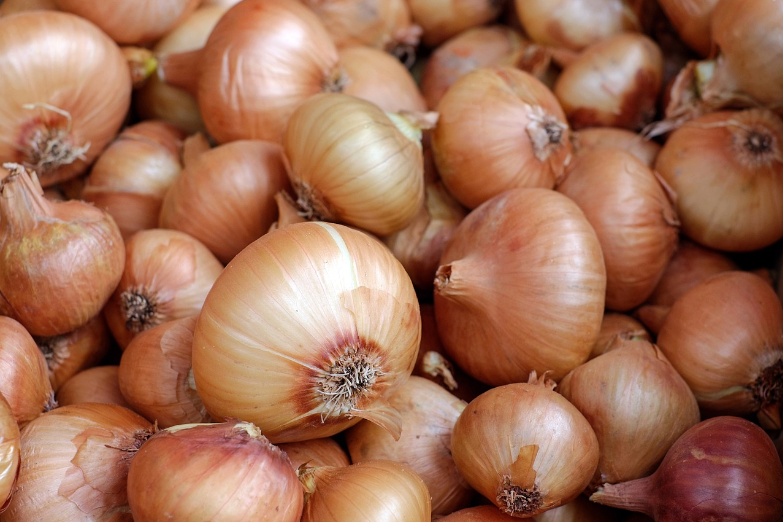
Onions is again another no-no for your pupper. It kills your canine’s blood cells which results in a condition called Heinz Body Anemia. It could be life-threatening. Variations such as onion powder are also off-limits. Be careful not to give your dog foods that have it.
6. Garlic
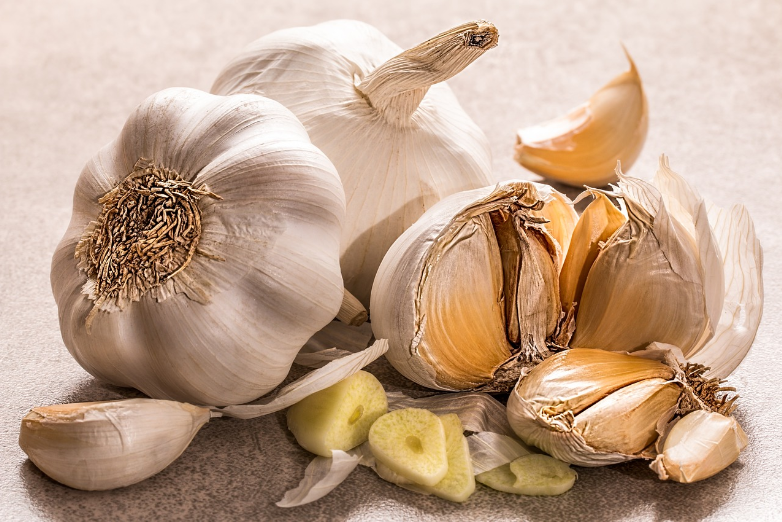
We can’t really talk about onions without discussing its favorite partner-in-crime in the kitchen: the garlic. It’s not as dangerous as the former. In fact, some dog food even has this as an ingredient. But if your dog eats large quantities it could become deadly.
7. Alcohol
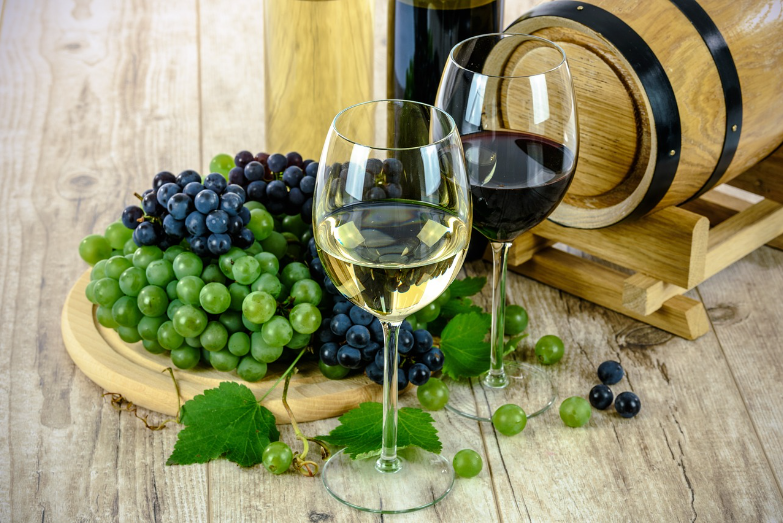
Yes, it’s bad for humans and it’s also bad for your pets. Alcohol can cause liver and kidney problems as well as acidosis that might lead to cardiac arrest. No amount of whisky, no amount of wine. Don’t let them have access to your stash.
8. Avocados
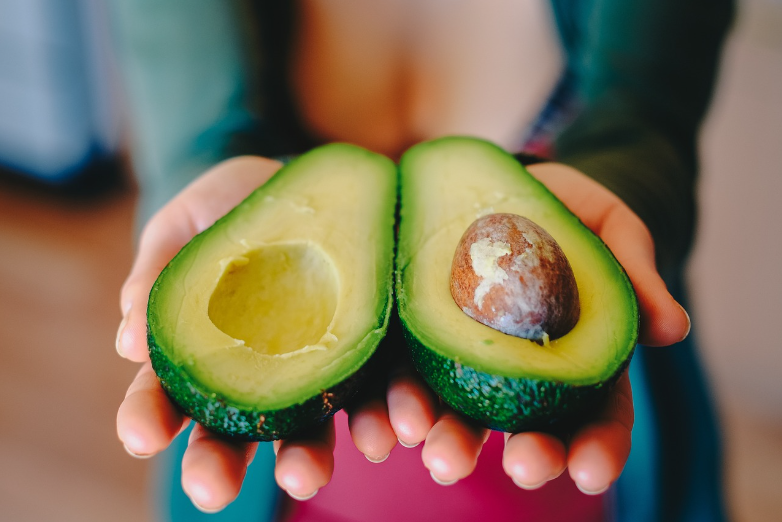
This one is a point of contention among dog owners. Many have done it and will attest that their dog is doing alright. Some would never even go near avocados just to be on the safe side. Whichever side you’re on, we’re pretty sure everyone can agree that the avocado’s seed is a choking hazard for humans and pets.
9. Chicken bones
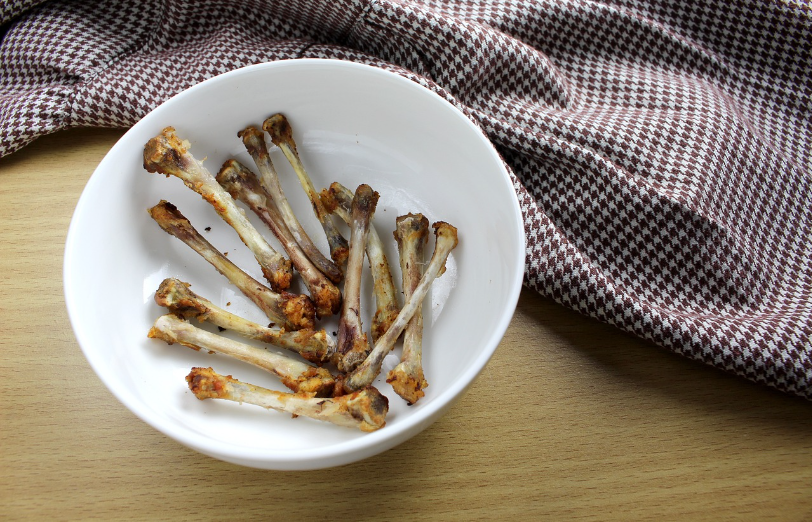
This one is still pretty rampant with many dog owners around the world. They eat their fried chicken and just throw their dog a bone—not realizing that it is potentially dangerous for their puppies. Chicken bones—no matter how they seem to enjoy it—can cause splinters and harm your dog’s internal organs.
10. Raw meat
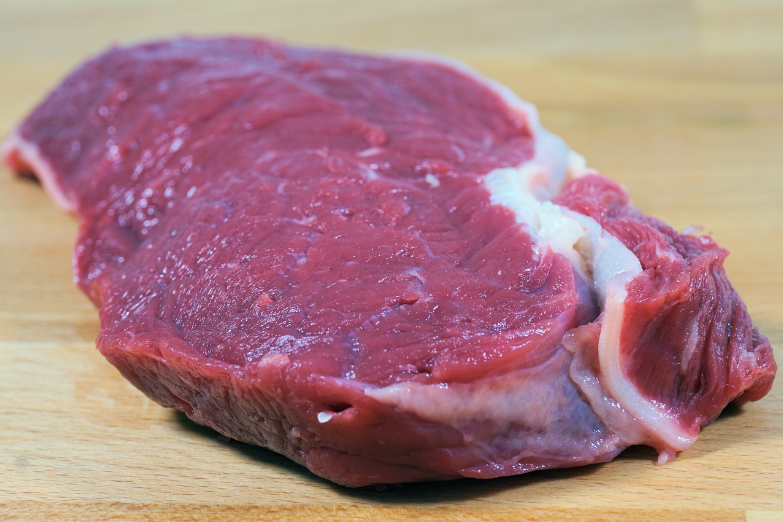
This is another one of those divisive things people get into because of how many dog owners feed their pups raw meat on the regular. There is a reason why humans do not consume raw meat: bacteria. Your dogs will become exposed to salmonella and other bacteria.
11. Human pharmaceuticals
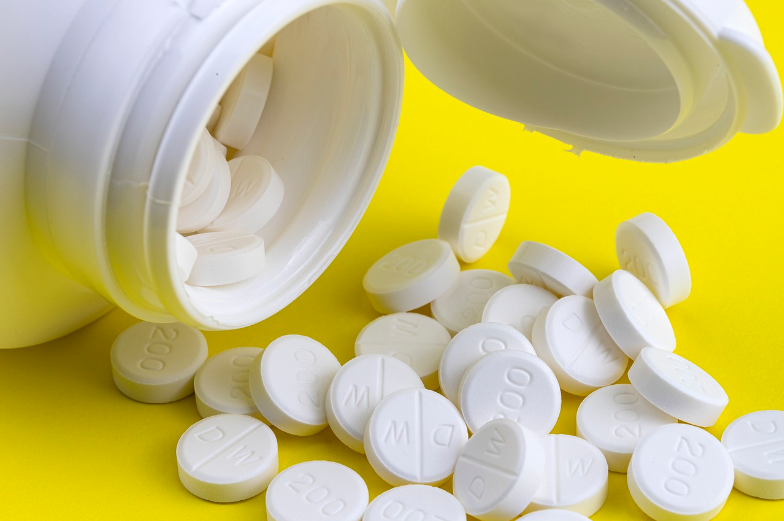
Dog owners argue about giving their pets medicine intended for humans. Some say no. Others say their vet said it’s fine. Whichever side you are on, we could all agree that overdosing is bad for man and animals. Use and keep your drugs safely and responsibly.
12. Insecticides
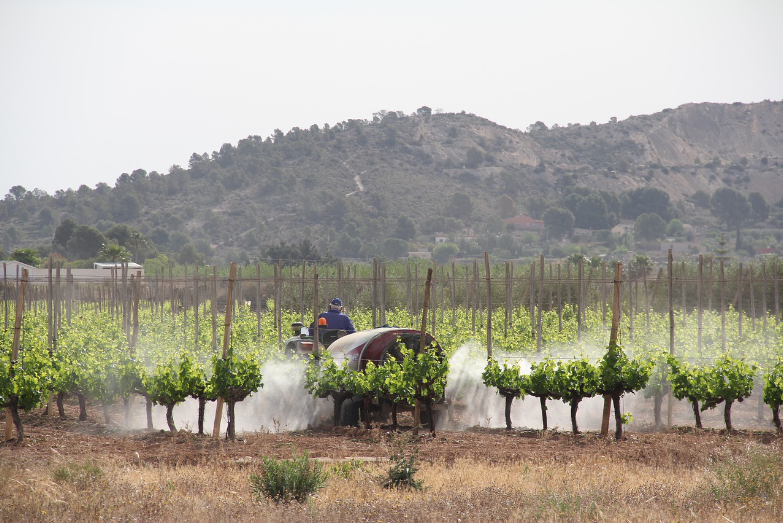
Insecticides are useful in keeping bugs and pets but are deadly when used improperly. Be careful that your dog may gain access to them. Some types, like ant and roach traps, might not be toxic, but could still cause choking.
13. Rodenticides
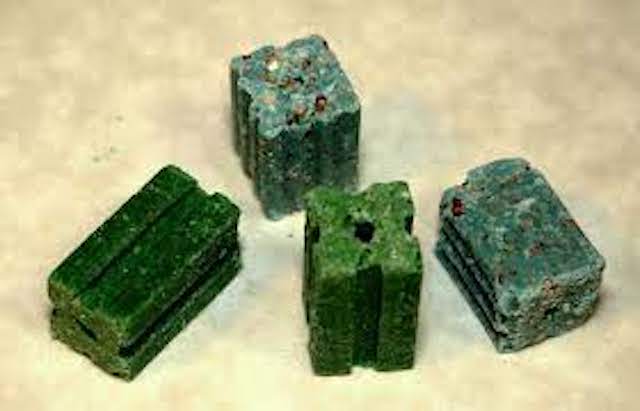
This one is trickier because it uses attractants that might also lure your pets. The anticoagulants or phosphorus in the pellets meant to stop rat infestation can have devastating consequences for your canine companions.
14. Cleaning products
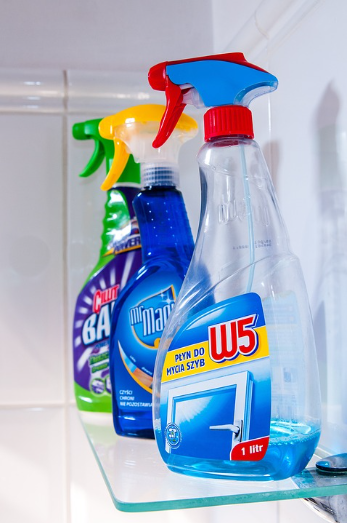
These things are often all kept in low places such as under the sink which your pets and children can easily access and accidentally ingest.
15. Heavy metals
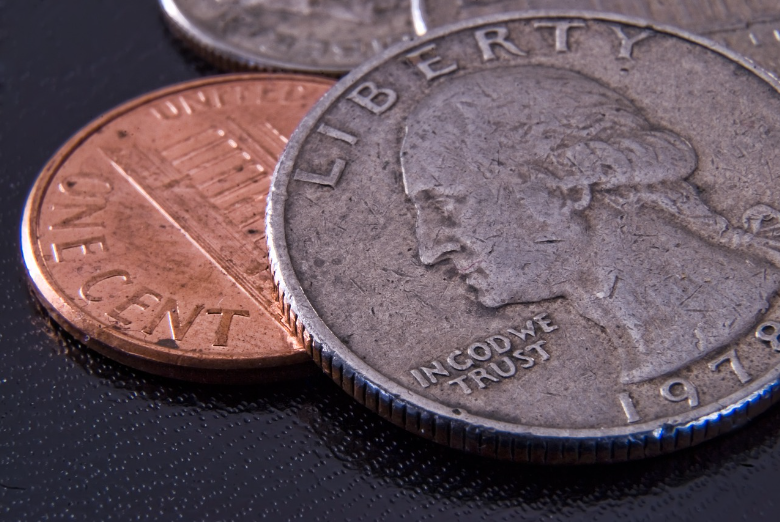
Dogs are smart animals, but that is not a guarantee that they won’t swallow a penny or a quarter occasionally. The zinc and lead found in coins, paint chips, and other household items, when swallowed, may mean medical issues.
16. Fertilizer
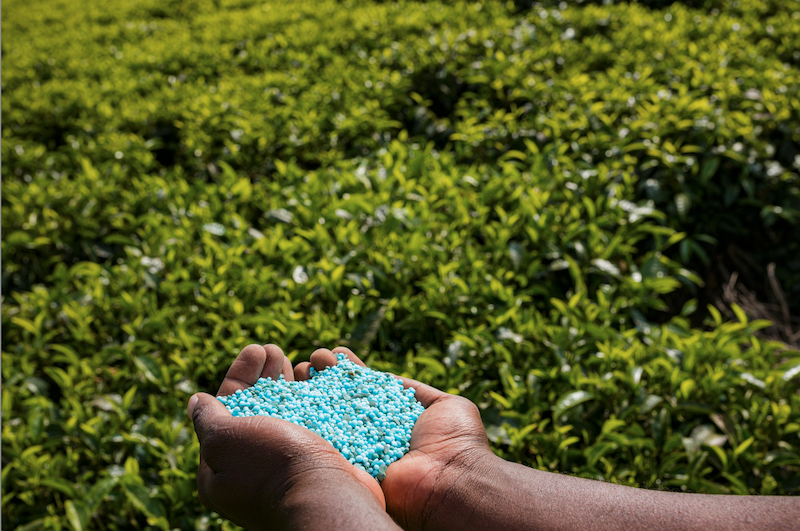
For humans, fertilizer is just a bag of processed dung and other chemicals. Dogs might smell and think differently. The cocktail of phosphorus, nitrogen, and even cocoa with chemicals intended for insects and weeds might be pupper’s recipe for disaster.
17. Detergents
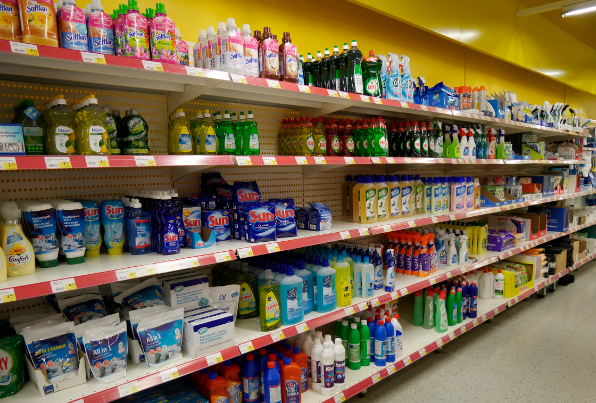
If bipeds can get sick with this stuff then your four-legged friends will do as well. Detergents when ingested can cause ulcers and other fatal consequences.
18. Antifreeze
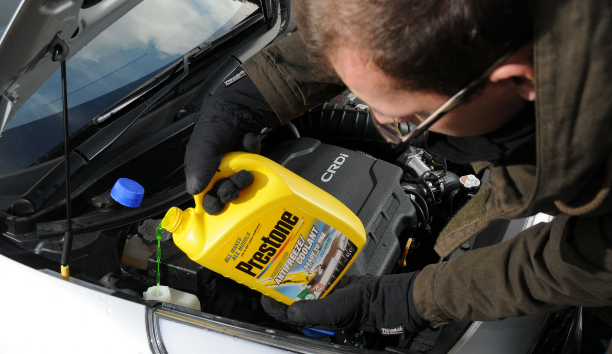
This is another one of those sweet-scented substances that could make your dog ill. Keep the pups out of your garage.
19. De-icers
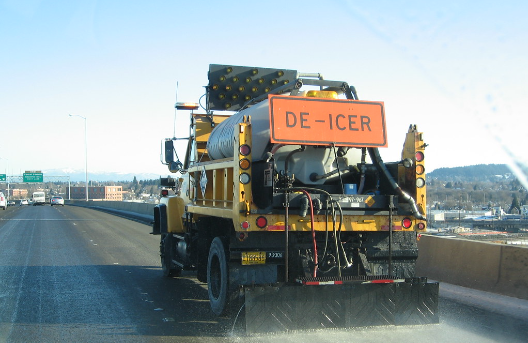
News flash: That stuff you use to protect your driveway from ice is toxic and can easily get on your dog’s paws. Another breaking news: dogs lick themselves constantly.
20. Batteries
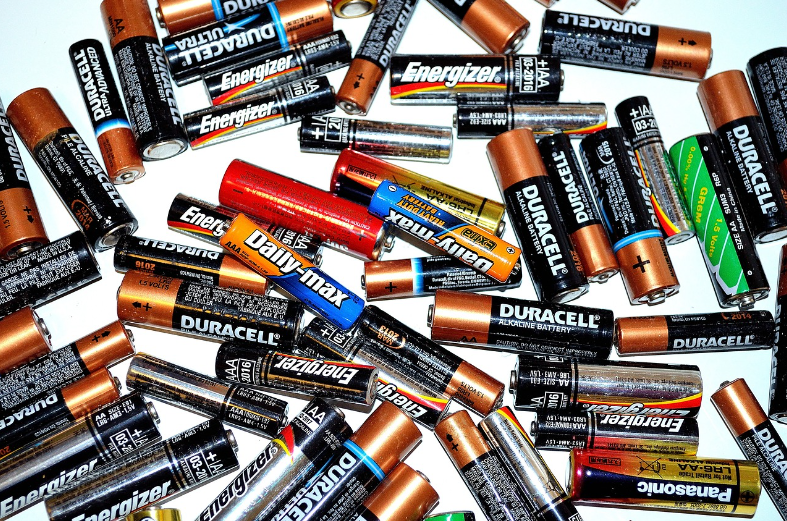
Remember the Energizer Bunny? Your dog won’t be as active when he’s down and suffering from the ulcers plus throat and stomach issues caused by the batteries you left around.
21. Toys
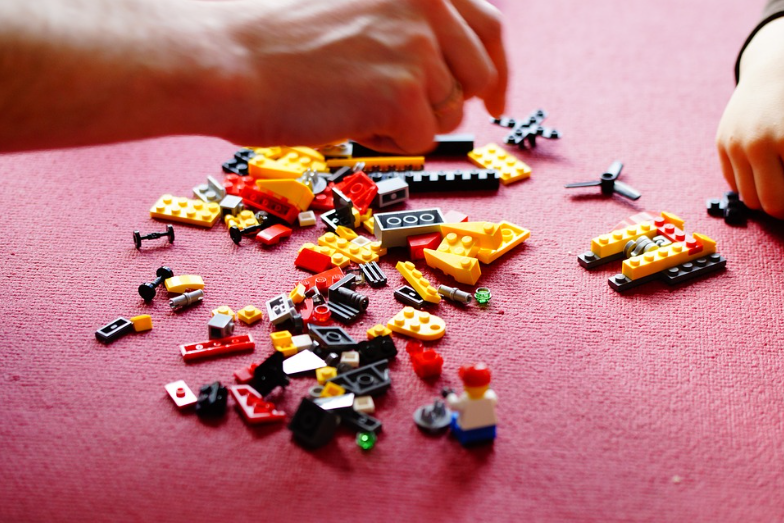
Some toys are toxic. Most toys are choking hazards. It’s all fun and games until Lassie swallows a lego or an action figure.
22. Fabric softener sheet
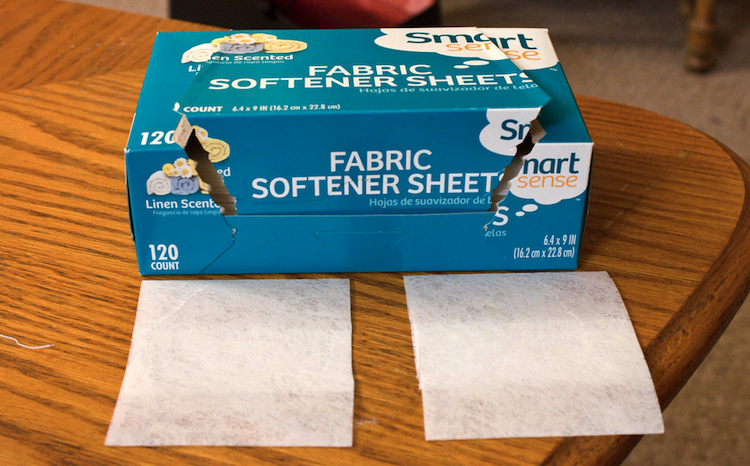
Some owners use this not just for their clothes, but as a means to control pet hair. These sheets are scented so there’s a possibility that your pet might play with these and eat some. The bad news is it has chemicals that may not be safe for dogs.
23. Plants
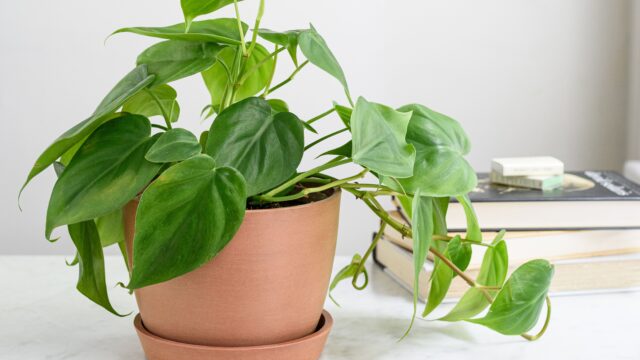
House plants are good for humans. They purify the air we breathe and they make our homes look nicer. But some of them can be harmful to your curious canines.
Tip: ASPCA has a 24-hour poison control hotline: (888) 426-4435.

